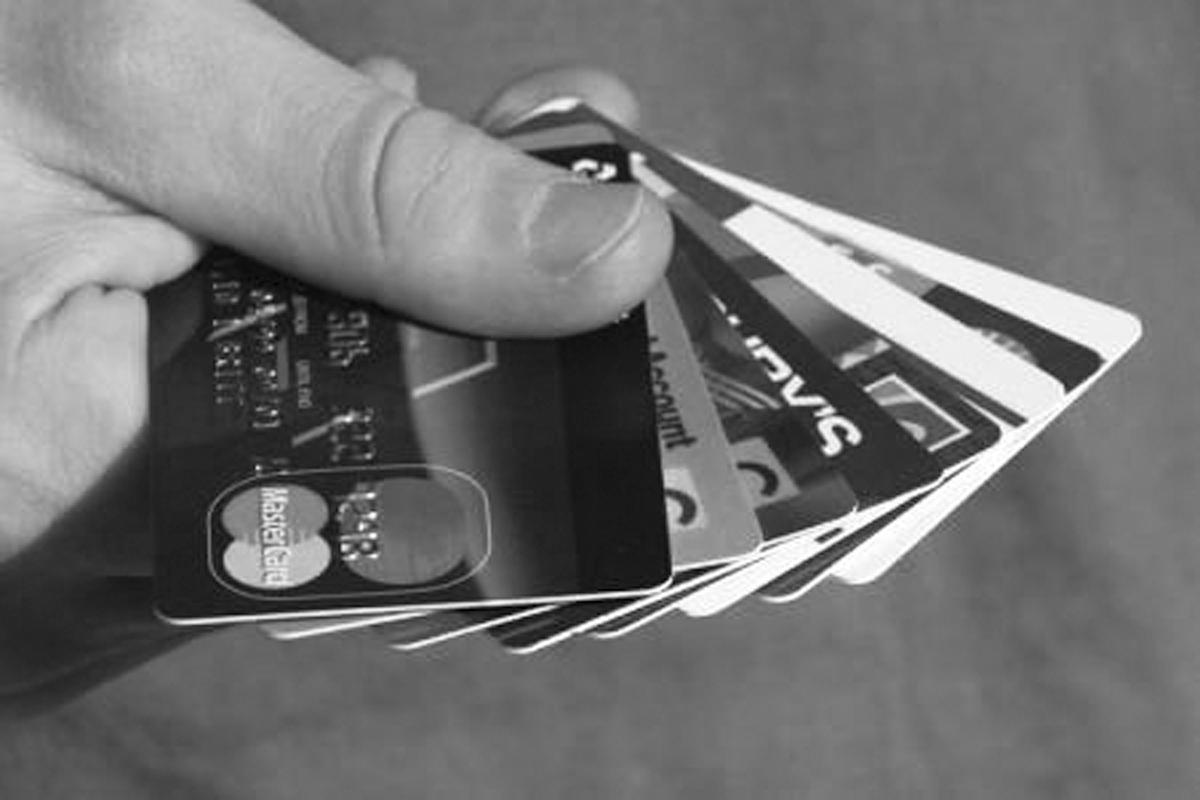Nobody wakes up in the morning, yawns, stretches, and says, “Today I want to become financially literate!” However, people do want to become financially independent and not have to worry about their finances.
Unfortunately, most financial advice that you hear is rife with inaccuracies. Although well intended, everyone has an opinion on the best way for everyone to handle their money. People debate which new hot stock they are going to buy, or which investments will provide the greatest return. This information overload is a great way to force people to do the worst thing with their finances: nothing. Fortunately, most of your finances can be handled by understanding a few simple concepts.
The first of these topics concerns optimizing your credit cards so that you can take advantage of credit card companies instead of them take advantage of you. Several friends have told me that they avoid credit cards because it would cost them money. Not only have credit cards never cost me a dollar, but I have saved a lot of money by using them while boosting my credit score.
Here are the top three reasons you should use a credit card:
1. You can build up your credit score. Your credit score is a number between 300 and 850 that represents how risky you are to lenders (higher is better). By using a credit card responsibly, you demonstrate to lenders that you are a low-risk customer, and you will get more favorable rates when taking out a car loan or mortgage (this could save you tens of thousands of dollars in your life).
2. You are able to track your spending. Many people look at their declining bank balance, shrug, and say, “I guess that’s how much I spent.” Using a credit card will help you to be more conscious of your spending habits, which is a great first step to saving money.
3. There are plenty of rewards offered by credit card companies including cash back, discounted travel, and concierge services (explained below).
So, if you do not already have a credit card, get one. One simple way to get a credit card is through your bank, which will automatically link to your checking and savings account. Otherwise, you can look for and compare cards at bankrate.com. Here are a few key elements to look for:
1. Cards with no fees.
2. Cards with rewards that you want. Cash back cards are simple (i.e. you might get back 1% on every purchase you make). However, cards that give you flights and gas for free will save you much more money. Just choose a card that reflects what you like to spend money on.
Once you have a card, it is necessary to optimize your use of it. First of all, always pay your balance in full each month. Otherwise you will be charged interest on your remaining balance (the average credit card annual percentage rate is 14%). If you bought a $200 textbook and only made a $15 minimum payment each month, it would take you 15 months to pay this off, including $18 in interest. (Make your own calculations at www.bankrate.com).
Next, take advantage of all of the rewards on your card (which you probably do not realize you have – call your company and have them send you a list of your rewards). Here are some notable rewards:
1. Extended warranties: If you buy electronics on credit, most cards will extend the warranty on your purchases (so when Best Buy asks if you want to fork over the money for an extended warranty, say “no”).
2. Concierge Service: Many credit cards offer concierge services. For instance, if you’re on vacation and need restaurant reservation or recommendation, you can call your credit card and they will set everything up.
3. Car Rental Insurance: Most credit card companies will insure you up to $50,000 for car rental insurance, so say “no” to extra collision insurance when renting a car.
This all may seem very daunting if this is all new. Surprisingly you can do everything I have just described in less than one hour (30 minutes to research different cards, 15 to set one up, and 15 to analyze all of your rewards). Keep in mind that the simple act of using a credit card responsibly can have a significant impact on your future level of financial independence.


